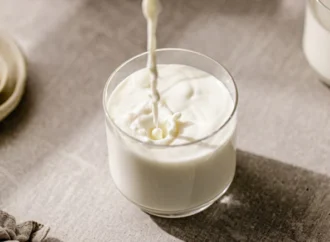Report
A research team from the National Institute of Technology (NIT), Rourkela, Odisha, has developed an eco-friendly seafood wrap designed to monitor freshness. This biodegradable packaging tracks seafood spoilage by detecting changes in pH (potential of hydrogen) levels, offering a practical tool to enhance food hygiene, reduce spoilage, and minimise waste.
Natural Ingredients Power Smart Packaging
The film is made using starch extracted from kodo millet, which reacts to spoilage-related volatile amines by changing colour. This change visually signals the food’s freshness without any physical contact. The seafood wrap uses three key natural ingredients:
- Kodo millet starch
- Gum tragacanth
- Beetroot peel extract
Colour-Changing Film Tracks Seafood Freshness
Betalains in beetroot enable the film’s ph-sensitive colour shifts, allowing it to visibly indicate food spoilage. This property makes the packaging safe, sustainable, and responsive, helping consumers assess seafood freshness more easily. The researchers are currently in talks with seafood businesses to pilot the wrap in real-world conditions. These trials aim to assess performance outside the lab and guide potential large-scale deployment.
Professor Sarkar explained:
“We extracted starch from kodo millet by soaking, grinding, filtering, and drying the grains. Separately, we prepared beetroot peel extract and combined it with the starch, gum tragacanth, and a small amount of glycerol to cast the films. After drying, we tested them for pH sensitivity and freshness monitoring.”
In laboratory settings, the film’s estimated production cost is Rs900 ($10.45) per kilogram. With industrial production, the cost may drop to Rs 400–600 per kilogram, making it a financially viable solution for commercial use.
Source: Packaging Gateway
 Food Manifest
Food Manifest 
















